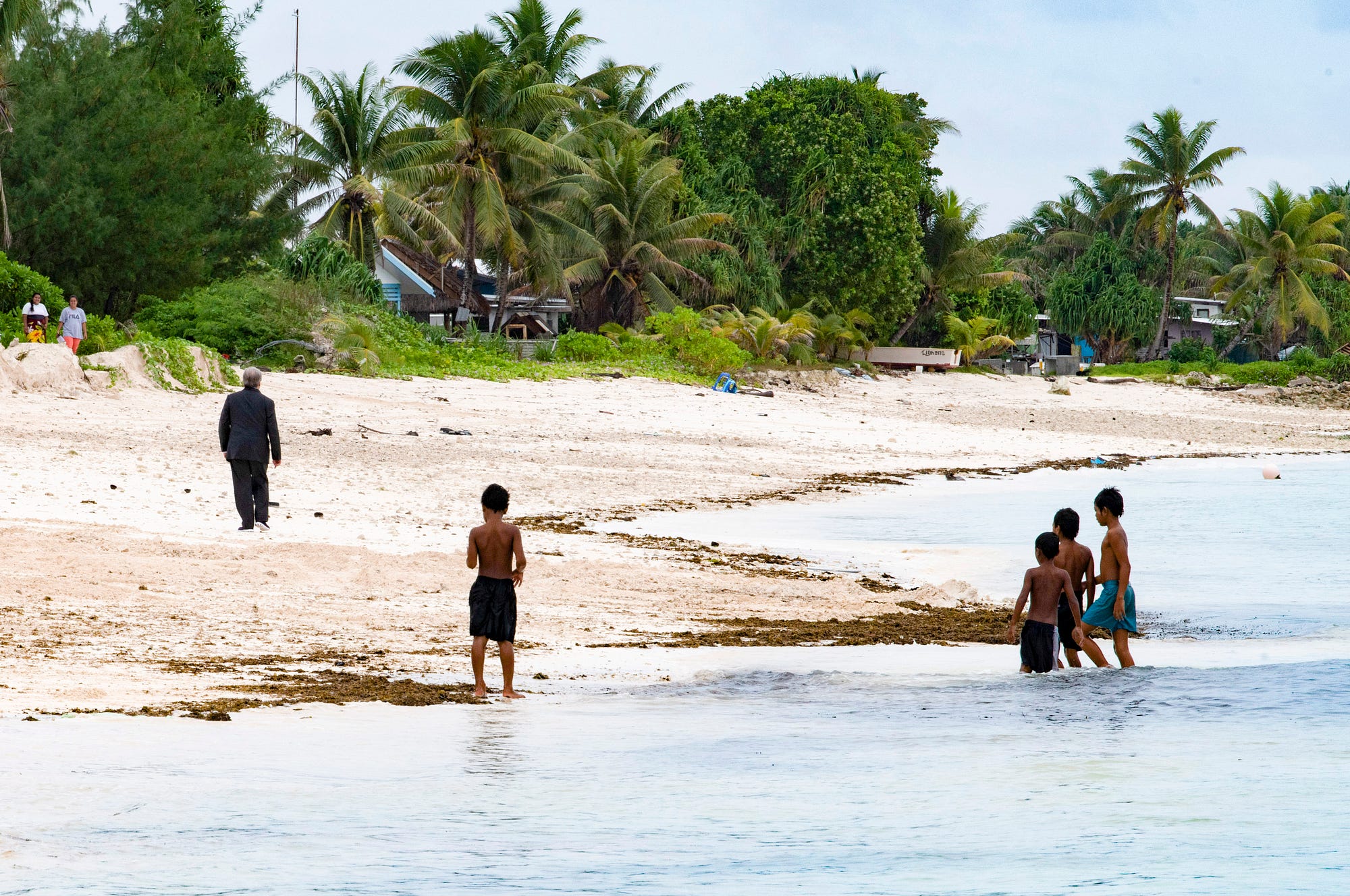“The fight for climate action is also a fight for a more just and equal society,” said UN Climate Change Executive Secretary, Simon Stiell during last month Bonn Climate Change Conference 2023.
Achieving the goals of the Paris Agreement requires a collective, sustained long-term effort and more inclusive climate action. While there is some progress on the latter, effective participation of youth, women, Indigenous Peoples, and local communities in decision-making for climate action still needs to be strengthened.
Some 46 percent of Party delegates were women at this year’s conference in Bonn, a similar figure compared to previous sessions. This is higher than women’s representation in Party delegations at COP conferences, the largest political decision-making space for climate action: the 2022 UNFCCC Gender Composition report showed that women made up just 37 percent of Party delegations at COP26.
“Political commitment for change is needed to boost the empowerment of women for decision-making in climate action. Women exercise leadership in different ways and all types of women’s leadership need to be recognised, both in cabinet positions and at the community level,” stressed the participants of the Dialogue with UN Women on the Gender Action Plan, which was held during the Bonn conference.
More than 20 mandated events and side events were held during the Bonn conference aimed at accelerating the participation of Indigenous Peoples, youth and women in climate negotiations and in gender-responsive action at the national level, including the inaugural in-person Youth Orientation Session and the second module of the Workshop on advancing meaningful participation of Indigenous Peoples and local communities in the UNFCCC process.
“It is encouraging that 75 percent of Parties have now included references to gender in their Nationally Determined Contributions (national climate plans), however, fewer than a quarter of the long-term strategies have any substantive references to gender. We must change that,” said Stiell.
As the Bonn conference drew to a close, there were reflections on how to enhance inclusivity in the UN Climate Change process moving forward.
Stiell stressed that a safe working environment is essential to enable meaningful participation and urged all participants to ensure that the process is a place where all can participate free from harassment and that the code of conduct is respected.
Indeed, the need for increasing inclusivity in the UN Climate Change process has been reinforced by Parties through commitments made during COPs 26 and 27, including the Glasgow Work Programme on ACE, the Sharm el-Sheikh Plan of Implementation, the intermediate review of the implementation of the gender action plan and the second three-year work plan of the Local Communities and Indigenous Peoples’ Platform (LCIPP).
For this year’s COP28 conference in Dubai, Stiell, the High-level Champions, the COP28 Presidency and the UNSG Envoy on Youth invited Parties and observers to ensure greater participation and meaningful engagement of youth, women, local communities and Indigenous Peoples as members of delegations at COP28.
Furthermore, COP28 will see both dedicated and cross-cutting discussions on gender equality, youth empowerment and the meaningful participation of Indigenous Peoples and local communities in climate action and decision-making.
The COP28 Presidency will also organise thematic days focusing on intergenerational cooperation and youth inclusion in climate action, on gender equality and climate finance, and on energy, industry and the just energy transition, among others.
The conclusion of the first global stocktake at COP28 will be a turning point to analyse the progress and remaining challenges in achieving the Paris Agreement goals, and an opportunity to promote gender-responsive climate action and collaboration between governments, the private sector, civil society and multilateral and international organisations.
“The global stocktake can be an important process and for advancing gender-just climate policies and actions,” stressed the Women and Gender Constituency during at June’s Bonn conference. “It offers countries the opportunity to assess the gender sensitivity of their climate policies and actions, and to identify ways to improve gender equality, said Stiell.
SOURCE: UNFCCC/PACNEWS














